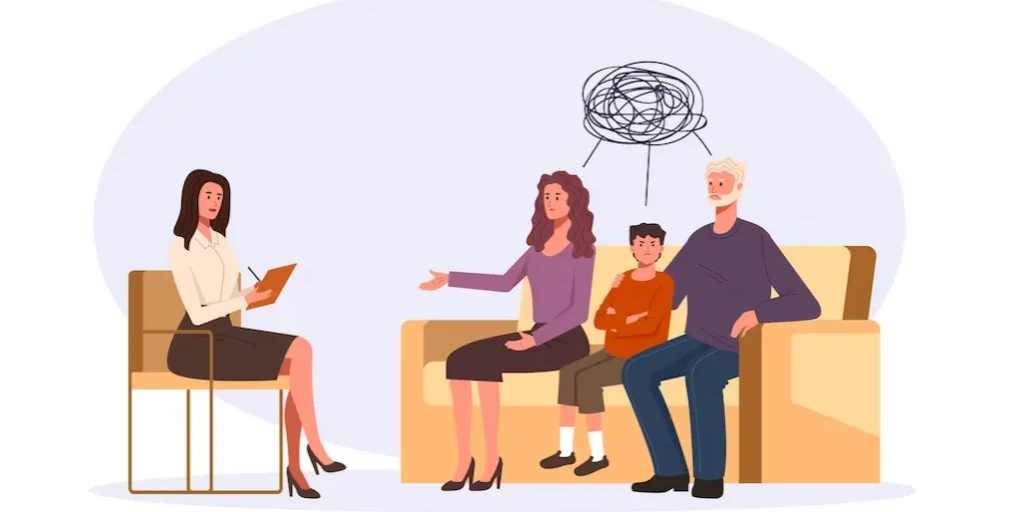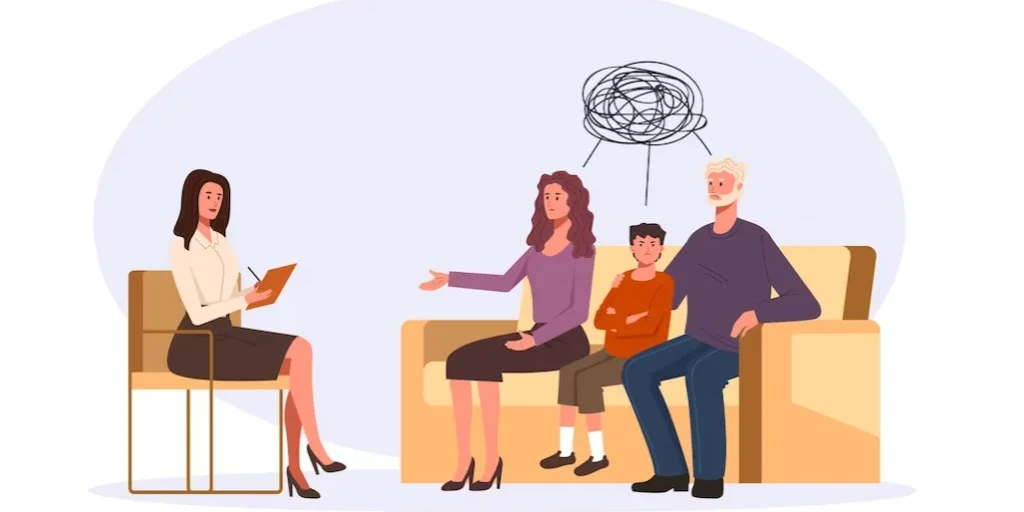24/7 Helpline:
(866) 899-221924/7 Helpline:
(866) 899-2219
Learn more about Dual Diagnosis Rehab centers in North Miami Beach
Dual Diagnosis Rehab in Other Cities

Other Insurance Options

Covered California

CareFirst

Optum

United Health Care

Aetna

Evernorth

Lucent
Beacon

CareSource

Absolute Total Care

UnitedHealth Group

Access to Recovery (ATR) Voucher

Health Choice

Kaiser Permanente

PHCS Network

MHNNet Behavioral Health

Excellus

Carleon

BlueShield

American Behavioral

South Beach Detox
South Beach Detox is a drug and alcohol detox center that provides detoxification services alongside...

Douglas Gardens Mental Health Center
Douglas Gardens Mental Health Center - Northeast 125th Street offers outpatient treatment for indivi...

Golden Glades Treatment Center
The Golden Glades Treatment Center focuses on providing drug detox services for those seeking recove...























Golden Palms Residential Treatment
In Miami, Florida, the Golden Palms Residential Treatment (also called Douglas Gardens) center is a ...

Holistic Recovery Centers
Holistic Recovery Centers offers luxury inpatient/outpatient rehabilitation and treatment in Florida...

Transitions Recovery Program
Transitions Recovery Program offers individuals struggling with drug and alcohol addiction a safe re...

Rise Again Recovery and Wellness
Rise Again Recovery and Wellness is a private rehab located in North Miami Beach, Florida. Rise Agai...








